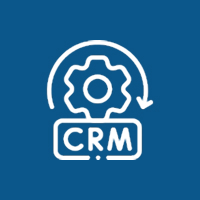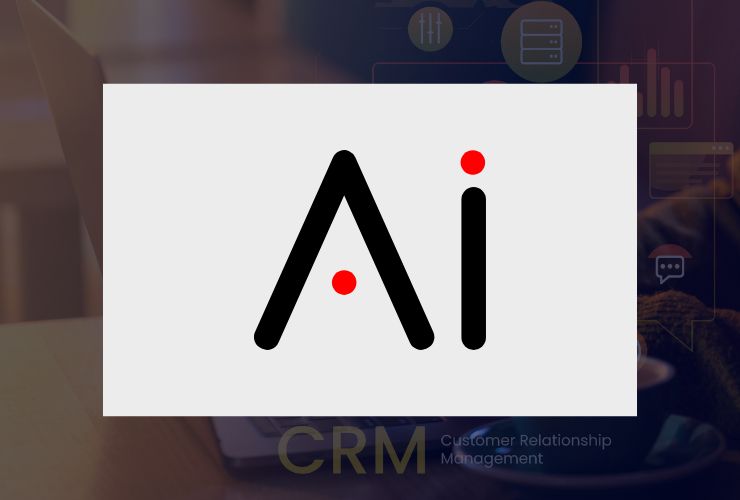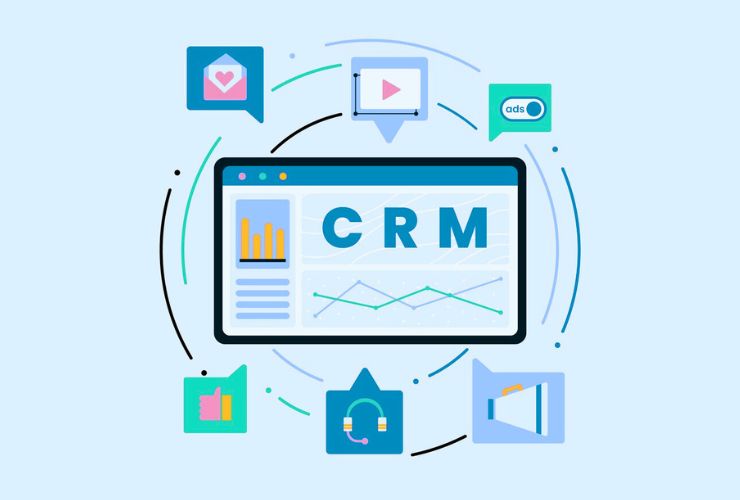A CRM system is the foundation of contemporary customer relationship management as it allows organizations to track leads, support communication, and evaluate sales performance. Yet, as data increases and users engage, performance problems can rapidly arise. A slow or unresponsive CRM can cause frustration with your team, reduce productivity, and lower customer satisfaction.
To ensure the efficiency of your CRM, it’s important to recognize common bottlenecks early, and implement usable solutions. Problems could arise from slow load times, inefficient integrations, or database overload. Proactive maintenance and optimization can lessen the likelihood of slow performance, and ensure you get value from your CRM as it scales.
1. Slow Loading Times
Problem:
Slow page loads, long data retrieval times, and lag between modules are the most common complaints in CRM systems.
Solution:
- Optimize your database queries to eliminate unnecessary joins or subqueries.
- Implement server side caching for data you access regularly.
- Utilize pagination instead of loading large datasets all at once.
- Minify & compress frontend assets such as JavaScript and CSS.
2. Inefficient Database Design
Challenge: A poorly designed database can overload your servers and slow down queries as your CRM grows.
Solution:
- Unclutter the tables through normalization.
- Implement the proper indexing on important fields that are queried frequently.
- Archive or delete any old or inactive records to reduce the load.
- Regularly assess the impact of queries on the database and improve design.
3. Poor Integration Management
Challenge: Integrations with marketing automation platforms, ERP, or third-party APIs can lag in performance when not properly managed.
Solution:
- Use asynchronous processing for your API calls to eliminate bottlenecks.
- Monitor, and if possible, limit the volume of external requests.
- Whenever possible, utilize caching for integration data.
- Review integration logs to identify slow or erroneous endpoints and address accordingly.
4. Unoptimized Custom Code or Plugins
Challenge: While customizations enhance the feature set of your CRM platform, poorly written code or incompatible plugins can significantly hinder performance.
Solution:
- Evaluate and refactor your existing custom scripts for performance.
- Get rid of any unneeded extensions or modules.
- Evaluation of new plugins should take place in a staging environment before deployment.
- Follow clean code standards and performance optimization standards.
5. Limitations of Server and Hosting
Issue:
Host that is outdated or server resources that are limited can create a situation in which overall responsiveness suffers and clients frequently timeout.
Solution:
- Upgrade to cloud hosting that is scalable or dedicated servers if needed.
- Weigh the potential benefits of load balancing that can help distribute user session loads appropriately.
- Consider using or implementing a CDN, content delivery network, that can deliver content at higher speeds.
- Ongoing monitoring of the performance of your server, whilst coordinating resource allocation quality, will further assist in managing server performance.
6. Too Much Data, No Archiving
Issue:
It is common for CRMs to acquire substantial cases of customer and transactional data over time. If there has not been a plan to archive the same, performance can decline significantly.
Solution:
- Develop a data retention policy, to specify how long a record should be kept.
- Utilize database partitioning for large tables.
- Implement data cleanup and deduplication processes that are automated.
- Ensure that backups are done regularly, whilst flushing out uneeded records.
7. Issues with Caching and Session Management
Issue:
If caching or session management is poor or inaccessible memory space will increase, causing pages to render slower.
Solution:
- Have an effective caching implementation, utilize caching systems like Redis or Memcached.
- Specify session time-outs and session clean-up periodically.
- Lastly, monitor caching performance and adjust configuration dlists accordingly to fit your hit and miss ratio.
8. Inefficient Front-End Processing
Problem:
Inefficient front-end processing, such as large media, heavy scripts, or excessive DOM elements, may cause your database to perform at its maximum speed, but the system will still evoke feelings of sluggishness.
Solution:
- Compress and lazy load images and media.
- Use code splitting and lazy load in your UI.
- Audit and remove unused css, scripts, or frameworks.
- Optimize your front-end framework for better rendering.
Conclusion
The performance of your CRM can directly affect how your team interacts with customers and how efficient your business runs. Automation and optimization of processes are only useful if the system performs well, otherwise, you are just wasting time, your users will be frustrated, and you’ll miss out on opportunities.
By monitoring performance metrics regularly, optimizing any areas for indexing such as the database, refining integrations, and upgrading infrastructure, you can ensure your system remains fast, stable, and poised to scale with your business.
A well-optimized CRM is not just about speed of the system; it also provides your teams with enhanced way to serve and assist customers, make well informed decisions about data, and remain competitive in an increasingly fast-paced world.
Fix Your CRM Performance — Fast, Reliable Optimization Starts Here
Frequently Asked Questions
Slow loading times, inefficient database design, poor integrations, unoptimized custom code or plugins, server limitations, excess data, caching problems, and heavy front-end processing are common CRM bottlenecks.
CRM slowness can come from large datasets, unindexed databases, inefficient integrations, heavy custom scripts, or outdated hosting/server resources.
Improve speed by optimizing database queries, adding server-side caching, reducing data load with pagination, refining front-end assets (CSS/JS), and upgrading server resources.
Yes — poorly managed third-party integrations, excessive API calls, and lack of asynchronous processing can slow down CRM operations and cause performance issues.











